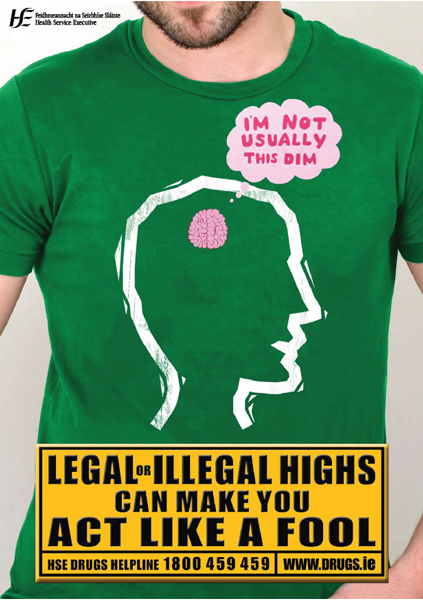Herbs rank highly amongst natural anxiety remedies; most particularly the passion flower, which is recognized worldwide as a major aid in relieving stress and anxiety. Romania has even produced a chewing gum with passionflower which they recommend to help relaxation in people suffering from anxiety. Passion flower can be taken in a number of ways; the juice as a drink, or the dried plant boiled as an infusion for drinking, or tinctures and capsules can be bought over the counter at health stores and pharmacies. Another very popular herb in the relief of stress and anxiety is St John’s Wort which was even recommended by Hippocrates; the father of medicine, and is recognized as being as useful, or even more so, as pharmaceutical solutions for anxiety. Lavender is known for its calming effect in many cases of anxiety, stress and insomnia; lavender essential oil is often sprinkled on a pillow to aid restful sleep.
Anxiety Can Lead to Insomnia
Anxiety can often lead to insomnia and there are many herbs which not only serve as natural anxiety remedies, but also aid restful sleep. One such herb is Valerian which is a natural relaxant offering relief from anxiety, stress, and insomnia; either as an infusion or in capsule form. Valerian mixed with St John’s Wort make a powerful sleeping aid, as St John’s Wort is yet another herb which is useful in battling stress and insomnia. Raw licorice root contains a natural hormone that is nature’s alternative to cortisone and plays a large part in calming anxiety; making it particularly helpful in smokers who are trying to quit. Licorice root can be ground and added to food and juices, or used as an infusion. Lavender not only helps in times of stress, but also contains natural antibacterial properties which make it helpful as a natural remedy to many different complaints; nervousness, insomnia, hormonal imbalance etc. Click here for more details on insomnia hypnotherapy treatment.
What to Avoid with Anxiety
It is important to know what to avoid when you suffer from anxiety, as well as finding some natural anxiety remedies rather than pharmaceutical aids. You should definitely avoid alcohol and any kind of drugs, as they will decrease levels of minerals and vitamins in your system, at a time when these are very important to you. Foods to be avoided are sugar and sweetened products, carbohydrates, and caffeine in any form. As you avoid sugar; low blood sugar can bring on bouts of anxiety and even panic attacks, so it’s important to keep up natural blood sugar levels by eating fresh fruit and then follow this with a food that combines proteins with good fats and carbs to help sustain these levels. When anxiety leads to panic attacks, it is probably best to consult a medical professional, but you still have the choice of taking prescribed medication or sticking to natural remedies.
Natural Ways to Treat Anxiety
There are many natural ways to treat anxiety, for those who prefer not to take pharmaceutical medications. These natural anxiety remedies can include a number of relaxing herbs like Passionflower, Valerian, Lavender, and St John’s Wort; which can be taken as an infusion or in capsule form; or essential oils can be used in aromatherapy treatments. Relaxing exercises, especially long walks in the fresh air, are excellent remedies to stress and anxiety and yoga can help immensely in these situations. The fast pace of life today is responsible for the increase in people suffering from high levels of anxiety and stress, as people often forget that leisure time is every bit as important as the time spent at work; so that taking the time to take a long walk in the park, or to sit in the fresh air and read a book, will go a long way to reducing stress levels.
Relaxing Downtime Helps to Avoid Anxiety
People who suffer with anxiety usually face high levels of stress in the workplace and then take their work home with them so that they do not get any relaxing downtime; which is important in keeping stress levels down. Prescription drugs and even natural anxiety remedies like herbal infusions; may help to relieve stress but it is more important to avoid stress in the first place. Spending your leisure time on a computer or looking for answers to problems is not the way to relax and your time is better spent taking a walk in the fresh air; which will relax you and make you more efficient when you return to work. Fresh air is particularly good for the brain, but even indoor exercises like yoga can be singularly beneficial in times of stress; anything which takes your mind off work and other problems, is a perfect counterbalance to these stressful situations.




